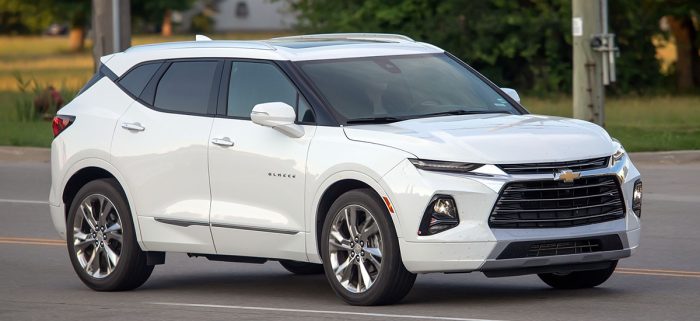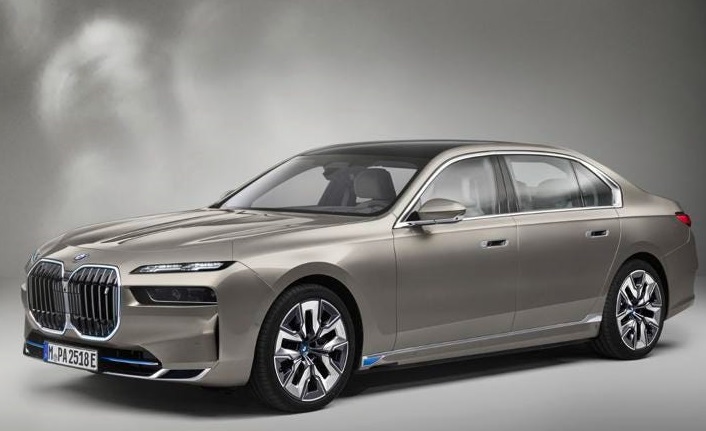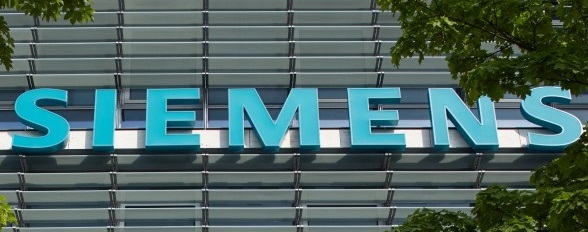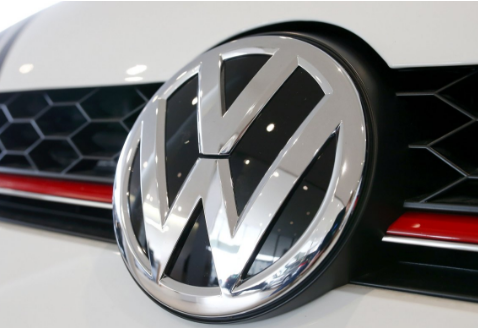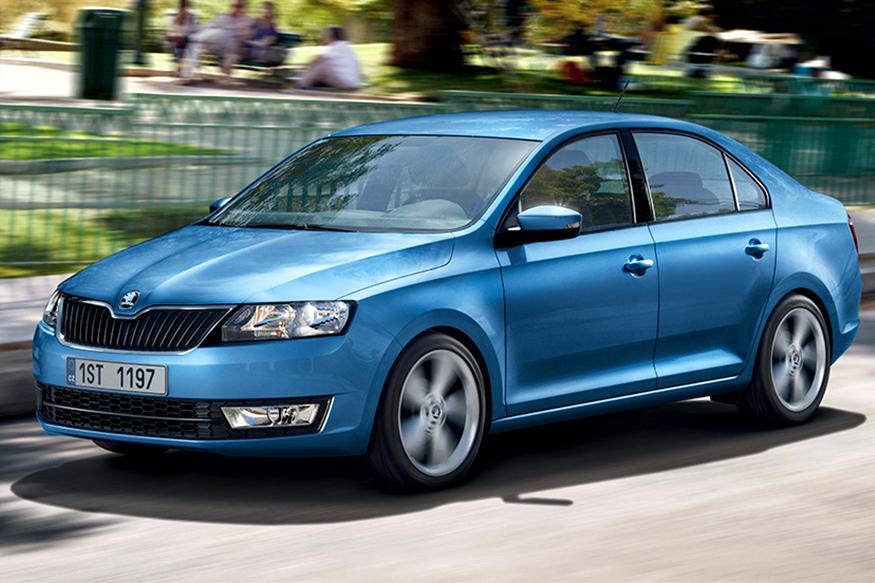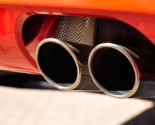Now Reading: Volkswagen asks U.S. appeals court to reconsider ruling on emissions updates
-
01
Volkswagen asks U.S. appeals court to reconsider ruling on emissions updates
Volkswagen asks U.S. appeals court to reconsider ruling on emissions updates
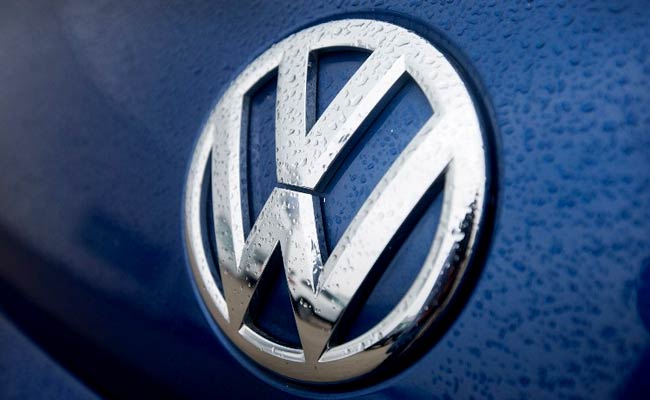
German automaker Volkswagen owned U.S. subsidiary on Thursday asked the Ninth Circuit U.S. Court of Appeals to reconsider a ruling which stated that two counties could seek financial penalties for excess diesel emissions that might cost the automaker billions of dollars.
The 3-0 ruling in June said Utah’s Salt Lake County and Florida’s Hillsborough County could seek “staggering” penalties over updates made to polluting diesel vehicles of Volkswagen after they were sold. Other U.S. counties are also carrying over similar claims.
Volkswagen Group of America stated the ruling, if upheld, could have sweeping consequences for the U.S. auto industry and could force automakers “either to avoid maintaining or improving the emission control systems of in-use vehicles… or pass on the substantially increased compliance costs to consumers”.
The automaker asked the panel to reconsider its ruling or for the full appeals court to take up the case, cautioning the decision could affect millions of vehicles recalled for emissions automobiles annually and could result in “regulatory chaos”.
Volkswagen confessed to having used illegal software to evade U.S. pollution tests in 2015.
VW argues the case will figure out if the Environmental Protection Agency (EPA) exclusively regulates automakers’ “post-sale, nationwide changes to their cars’ emission control systems, or whether, as the panel held, all fifty states and thousands of counties also may regulate this post-sale process”.
The Justice Department opted not to share its views prior to the appeals court ruled in June.
The U.S. Chamber of Commerce and automaker trade groups informed the court earlier the issue could permit states and cities “to disrupt the EPA regulatory process through the imposition of their own tampering prohibitions”.
Volkswagen settled U.S. criminal and civil actions led by the emissions scandal for over $20 billion, but that did not shield it from local and state government liability, the court observed.
The judges wrote they were mindful about their conclusion that it “may result in staggering liability for Volkswagen. But this result is due to conduct that could not have been anticipated by Congress: Volkswagen’s intentional tampering with post-sale vehicles to increase air pollution”.
U.S. District Judge Charles Breyer, who ruled in the automaker’s favor in 2018 on the issue, noted the automaker’s potential penalties could reach $30.6 million per day and $11.2 billion annually.
The scandal has cost the automaker more than 30 billion euros ($35.5 billion) in fines, penalties, and vehicle buyback costs globally until now.
Stay Informed With the Latest & Most Important News
Previous Post
Next Post
-
![2026 Toyota Hilux EV: A Powerful Truck with Silent Torque]() 012026 Toyota Hilux EV: A Powerful Truck with Silent Torque
012026 Toyota Hilux EV: A Powerful Truck with Silent Torque -
![2027 Mercedes-Benz S-Class Debuts with V8 Engine [Photo Gallery]]() 022027 Mercedes-Benz S-Class Debuts with V8 Engine [Photo Gallery]
022027 Mercedes-Benz S-Class Debuts with V8 Engine [Photo Gallery] -
![The Financial Benefits of Corporate Fuel Cards for Fleet Management]() 03The Financial Benefits of Corporate Fuel Cards for Fleet Management
03The Financial Benefits of Corporate Fuel Cards for Fleet Management -
![What Are the Most Reliable Jaguar F‑Pace Parts to Maintain SUV Safety and Comfort?]() 04What Are the Most Reliable Jaguar F‑Pace Parts to Maintain SUV Safety and Comfort?
04What Are the Most Reliable Jaguar F‑Pace Parts to Maintain SUV Safety and Comfort? -
![Performance Toyota Hilux Clutch Kits: Are They Worth the Investment?]() 05Performance Toyota Hilux Clutch Kits: Are They Worth the Investment?
05Performance Toyota Hilux Clutch Kits: Are They Worth the Investment? -
![What Is the Cheapest Ford Truck? A Guide to Affordable Ford Pickup Options]() 06What Is the Cheapest Ford Truck? A Guide to Affordable Ford Pickup Options
06What Is the Cheapest Ford Truck? A Guide to Affordable Ford Pickup Options -
![The Future of Exhaust Headers: Advancements in Materials and Technology]() 07The Future of Exhaust Headers: Advancements in Materials and Technology
07The Future of Exhaust Headers: Advancements in Materials and Technology

![2027 Mercedes-Benz S-Class Debuts with V8 Engine [Photo Gallery]](https://speedlux.com/wp-content/uploads/2026/01/2027-Mercedes-Benz-S-Class-33-700x394.jpg)










